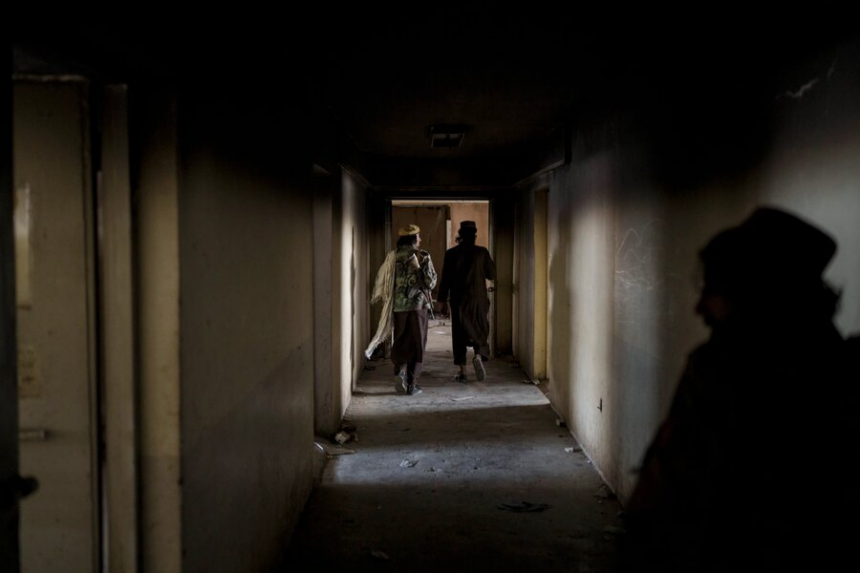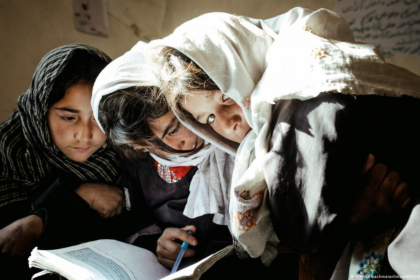RASC News Agency: A recent report released by Amnesty International has once again drawn global attention to the catastrophic state of human rights in Afghanistan under Taliban control. The report provides disturbing evidence that the country’s prison system has become a tool of state-sponsored brutality, where political prisoners, women, and other vulnerable groups are subjected to systematic abuse, torture, and dehumanization. Amnesty’s findings estimate that over 20,000 individuals are currently incarcerated in Taliban-run detention facilities across Afghanistan. Among them are thousands of political prisoners and civil activists, along with approximately 1,500 women, many of whom have been detained solely for expressing dissent, participating in peaceful protests, or defying the Taliban’s draconian social edicts.
These detainees endure conditions that violate the most basic standards of international human rights. Reports document cases of severe physical beatings, psychological torture, solitary confinement in lightless cells, and threats of death. Detainees are denied access to legal counsel, medical treatment, and often even basic necessities such as food and hygiene. According to Amnesty, these actions represent not isolated incidents, but an orchestrated campaign to eliminate all opposition and instill a culture of terror. The Taliban’s treatment of women prisoners is particularly abhorrent. Since their forceful return to power in August 2021, the group has waged an unrelenting war on women’s rights, dismantling decades of progress in education, employment, and political participation. Today, women in Afghanistan are arrested for acts as basic as attending school, appearing in public without a male guardian, or speaking out against repression. In prison, they face not only violence but a deliberate strategy of degradation designed to break their spirit and erase their voice.
Equally alarming is the Taliban’s systemic targeting of former government employees, journalists, civil society leaders, and ethnic minorities many of whom have been detained without charge or trial. In numerous cases, detainees have reportedly been executed extrajudicially or disappeared without a trace, their families left in limbo and fear. These practices amount to crimes against humanity, and yet the Taliban continue to operate with impunity. The regime has offered no official response to the Amnesty report. Its silence, however, speaks volumes. It reflects a government that is not only unaccountable to its people but fundamentally hostile to the rule of law, democratic values, and international norms. While Taliban spokesmen frequently tout empty slogans about “security” and “reform,” the reality on the ground is one of authoritarian rule enforced through violence and fear.
The international community cannot remain indifferent in the face of such suffering. Afghanistan’s human rights crisis is no longer a domestic issue it is a regional and global emergency. Human rights bodies, international courts, and governments must increase pressure on the Taliban through targeted sanctions, diplomatic isolation, and support for Afghanistani civil society in exile. The voices of political prisoners, women, and human rights defenders must be amplified, not silenced. Amnesty International’s report underscores a painful truth: under the Taliban, Afghanistan has been transformed into a prison state. Behind barbed wire and reinforced walls, the regime is extinguishing hope, suppressing dissent, and reshaping the country through cruelty. The world must not look away. This is not just a human rights violation it is the systematic destruction of a nation’s soul.






